The European Commission set out its vision and ideas for how the continent can help to protect – and restore – the world’s forests. What does this mean for the palm oil industry, and what do we think here at EPOA? We set out our stance on this crucial issue in a recent position paper. In summary, here’s what we think:

Palm oil is the most widely used vegetable oil in the world because of its functional benefits, versatility and widespread availability. Palm oil is also the most important cooking oil for millions of people around the world, who often live in poverty. Plus, it represents many people’s way out of that poverty, as they can earn a living by producing it. We believe that sustainably produced palm oil is a key food ingredient that fits in a nutritionally balanced diet and helps feed the world, protect biodiversity and improve socio-economic development. So sustainable produced palm oil contributes to the UN Sustainable Development Goals (SDGs). In Europe and worldwide, food and non-food manufacturers will continue to need and use palm oil, so it must be produced and consumed in a sustainable way, without deforestation.
Download the entire position paper here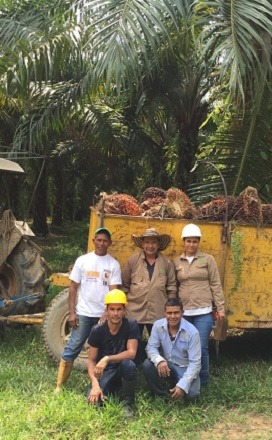
Since the turn of the century many different voluntary and (national) mandatory sustainability initiatives have been introduced with success in the palm oil industry. Although we still face enough challenges, we can also proudly say that the palm oil industry is a frontrunner in the development of sustainability within agriculture worldwide.
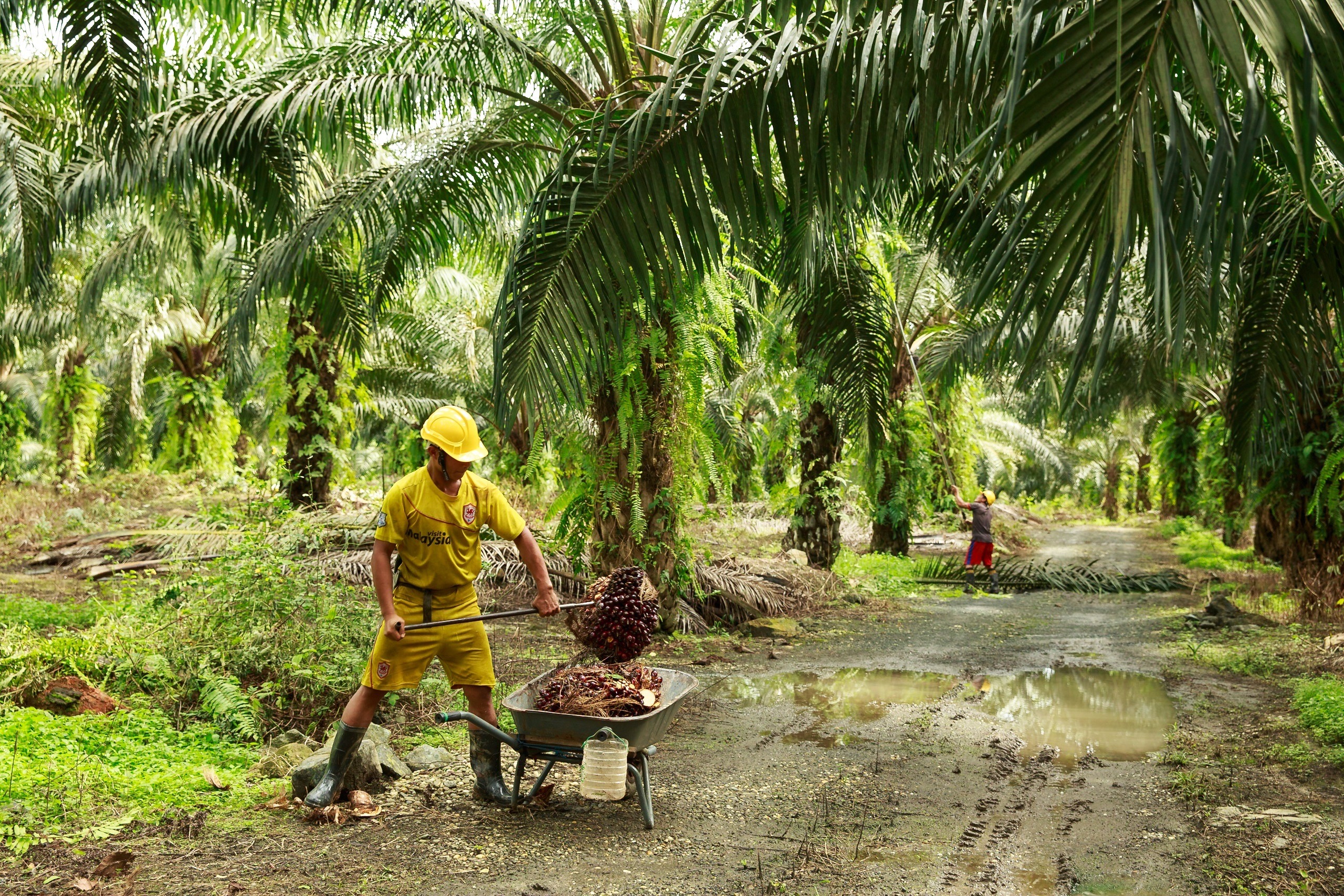
By now, more than 85 per cent of the palm oil used for food, feed and oleochemicals in Europe is already certified sustainable due to voluntary commitments – this is a huge success, but we also acknowledge there’s still much more to do! The uptake for sustainable palm oil is still not covering 100% of the European market.
We acknowledge that there are limits to what voluntary measures can achieve on the demand side and on the production side as well. So, we support sustainable and deforestation-free principles and criteria within regulatory measures to create a level-playing field for users and producers.
The EU Farm to Fork (F2F) strategy and the EU communication to Protect and Restore the World’s Forests both offer opportunities and challenges to further improve sustainable production and consumption.
One of the regulations we want to see introduced in the EU is a mandatory due diligence for companies using palm oil and other vegetable oils. We believe that this will create a level-playing field and a consistent framework for companies. These checks and balances should be non-discriminatory, so also be introduced for other commodities – cocoa, beef, sugar, and many others. The EU must avoid shifting sustainability issues to other commodities. Let’s get a fair, wide-ranging regulatory framework in place for all production and consumption that is related to deforestation.
We shouldn’t use regulations as barriers for trade or burdens for already vulnerable and in many cases smallholder producers. As palm oil industry we need to be bold about our sustainable practices and celebrate progress made. The EU plays a decisive role in sharing truthful information and prevent misleading green labeling. This is crucial for transparency and the credibility of the EU and the legislation and regulations adopted.
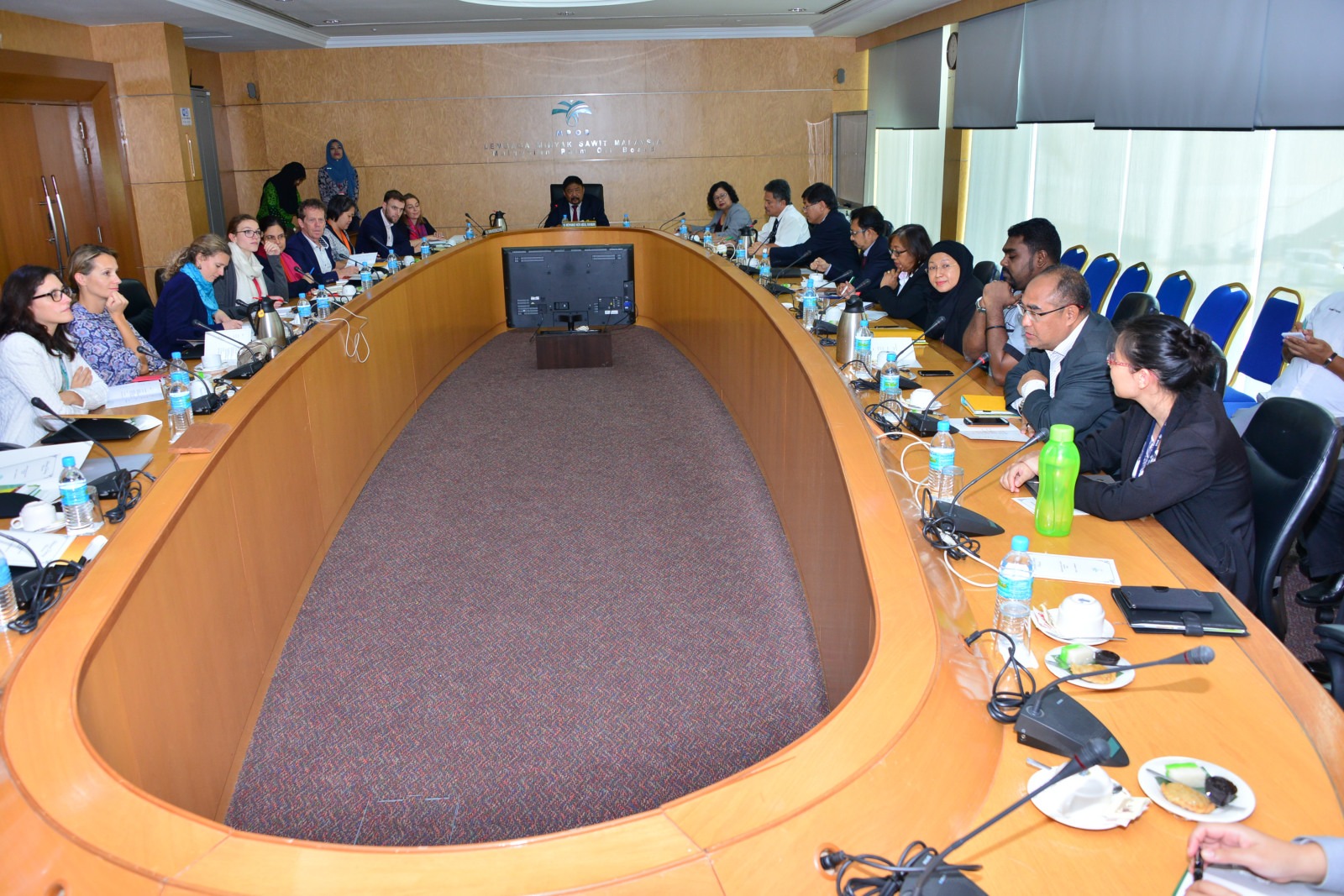
The EU is not the only market that imports forest-risk commodities. We believe the EU should engage with other sizable importers of forest-risk commodities beyond Europe, which is essential to have impact on a global scale. The F2F strategy is an opportunity for the EU to start the development of international standards for sustainable production and consumption. But this can only be effective if EU regulatory and non-regulatory measures are:
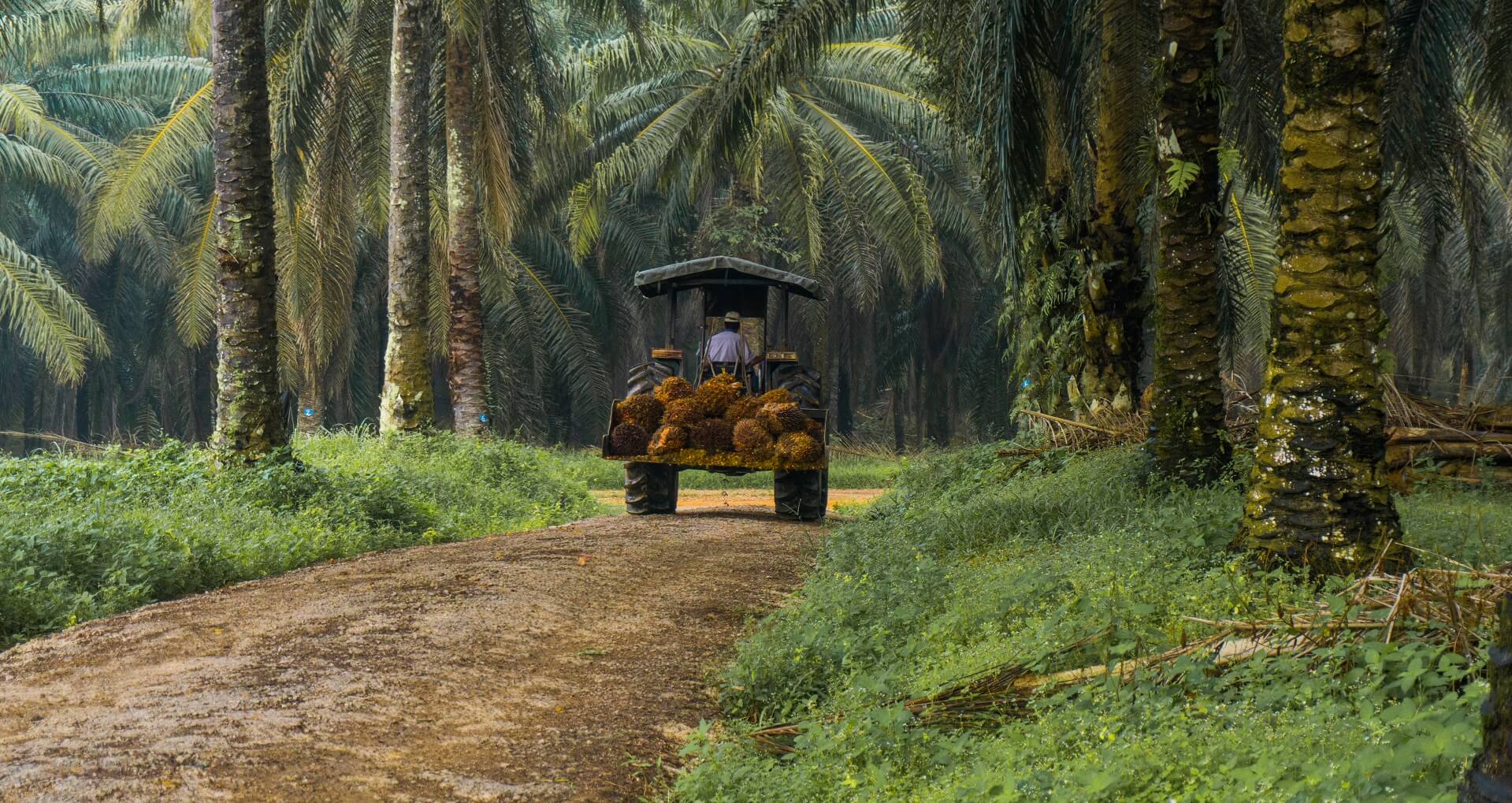
We must acknowledge the importance of national mandatory standards and initiatives in producing countries and remember that each region of the world moves at a different speed, with its own challenges and opportunities. In our opinion positive impact in producing countries can only be achieved when good governance both on forest protection and agricultural production as well as support to producers is in place.
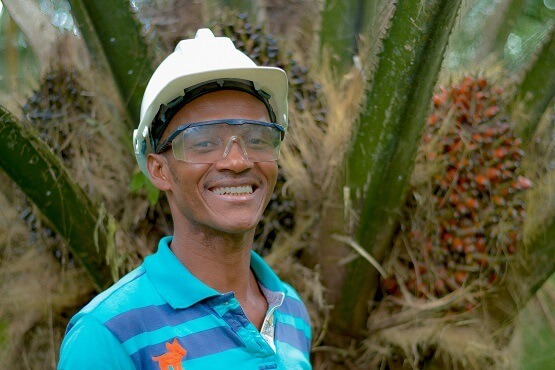
The EU imports only a part of global palm oil production and more than 85 per cent of palm oil used for food, feed and oleochemicals in Europe is already certified sustainable. We believe it is necessary for the EU to develop concrete fruitful dialogue and partnership support programs with the producing countries. This should include forest management, law enforcement, traceability, labour issues and support to especially the smallholder producers. It’s vital to engage people and help them wherever they are in the supply chain – smallholders, bigger producers/refiners, food producers, retail and consumers.